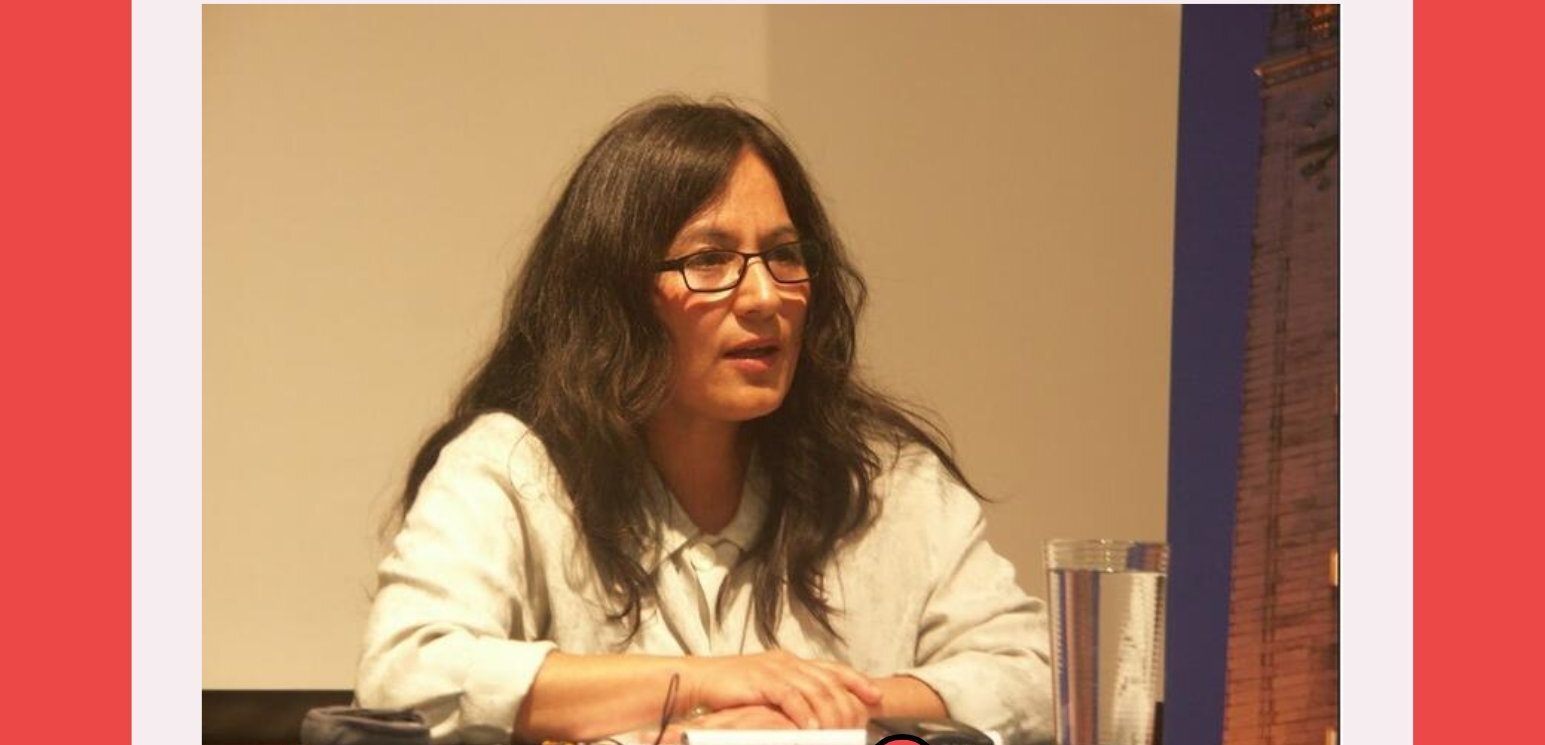The kickoff of the USC-Cal football match on a Saturday afternoon in Berkeley encountered a delay due to a demonstration by a group of UC Berkeley students who locked arms and sat on the Cal logo at the center of the field as an act of protest.
This protest appeared to be a show of support for a Cal faculty member who is presently under suspension, with students on the field wearing shirts that bore the message “Justice 4 Ivonne.” This message was a sign of solidarity with a professor who is on paid administrative leave.
Also Read: Will Taylor Swift attend the Kansas City Chiefs vs Denver Broncos game?
Back in August, a different group of Cal students had staged a march at California Hall, demanding the reinstatement of Ivonne del Valle, a colonial studies professor at UC Berkeley. Professor del Valle has allegedly been on leave since 2019 following an investigation by the school, which found her responsible for repeatedly harassing, stalking, and retaliating against Joshua Clover, a professor in English and Comparative Literature at UC Davis. Furthermore, she was found to have violated orders prohibiting her from contacting him.
As Cal prepared to face USC, they aimed to return to a .500 win-loss record for the season. It’s also noteworthy that the Bears are set to move to the ACC starting next year.
Also Read: Who is Lucas Havrisik? Los Angeles Rams names new kicker for game vs Dallas Cowboys
Who is Ivonne del Valle?
According to the organizational website, Ivonne del Valle, is an associate professor within the Department of Spanish and Portuguese, is currently engaged in two research projects. The first project delves into the intricate history of the drainage of the lakes of Mexico City, a process initiated in 1607 and continuing through the Porfiriato era, with some perspectives suggesting its ongoing nature. Her focus lies in the examination of the interplay between technology, religion, culture, and governance as manifested by the Mexicas, the Spanish empire, and the Mexican nation in their management of Mexico City’s climatic and hydrographic challenges.
In her second project, she explores the impact of the colonization of the Americas from the 15th century onwards on the evolution of new epistemologies and political theories. Her goal is to investigate how the unprecedented violence associated with conquest and colonization, as well as the imperative for effective colonial administration, gave rise to significant theoretical, technological, and epistemological shifts. These transformations were initially conceived for application in the colonies but ultimately reshaped Europe’s self-perception and societal structure over time.







